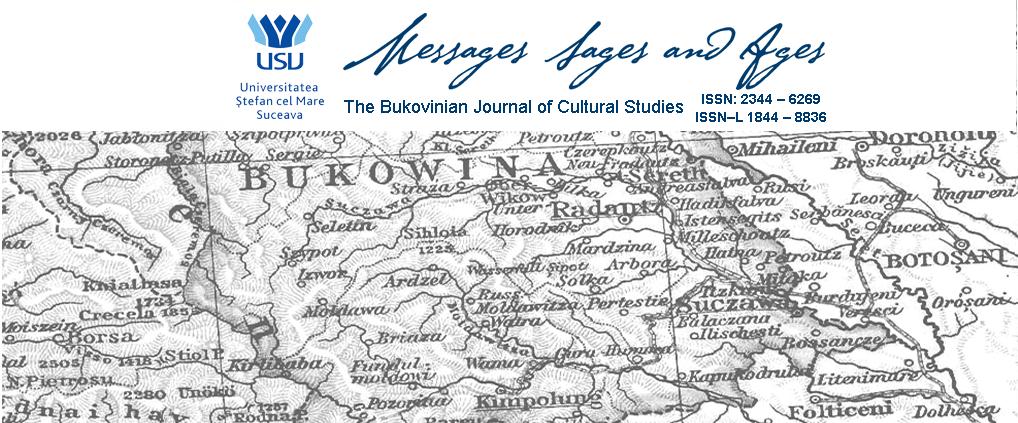Abstract:
In post-communist Romania, regional self-identification has undergone significant change. Particularly, a paradigm shift occurred in relation to 20th century Romanian historiography (I have in mind the national communist as well as inter-war historic narratives). The literature and the promotional films of Suceava County Council (i.e., the local government branch) are a case in point. They are designed to advertise tourism products in travel marts and various media outlets. Next to the story of a multi-faith/ethnic community, particular images and symbols are employed in order to craft the public identity of the county. A regional iconography gradually emerges on screen as more video content about Suceava is being produced. Capturing the essence of Romanian Bucovina on camera is a challenge steeped both in the history of the Habsburg Duchy and in that of the Moldavian principality (whose northernmost part was incorporated into the Habsburg Empire in 1775). Next comes the attempt to ‘touristify’ natural sites of environmental interest. History and nature are narrative tropes that amount to a coherent story delivered to natives and visitors alike. Despite the industrial scarring of the landscape well known to the natives, areas of woodland and countryside are on display. City life is largely ignored for the sake of a multicultural history of Bukovina mainly located in a rural setting. Screening Suceava has everything to do with identity-building. The rhetoric of regional self-designation seems to rank high on the local political agenda. The cosmopolitan Austro-Hungarian Bukovinian identity is obviously at odds with the ethno-national legacy celebrated in the so-called ‘Northern monasteries’ of Moldavia or in the Suceava fortress of Stephen the Great (who was built into an icon of Romanian historiography). The recreational opportunities of Suceava County are marketed to tourist boards, hotel chains, etc. as the retention of a Mitteleuropean distinctiveness. Explicitly, it is ‘something’ that has stayed with the indigenous population ever since the Austrian state set out to instruct the natives in the arts of life. There is a video side effect to the story. The mountainous countryside of Suceava is sold to the public as being peopled by men and women in national dress, a community dramatically different from all other surrounding areas of 21st century Romania.
